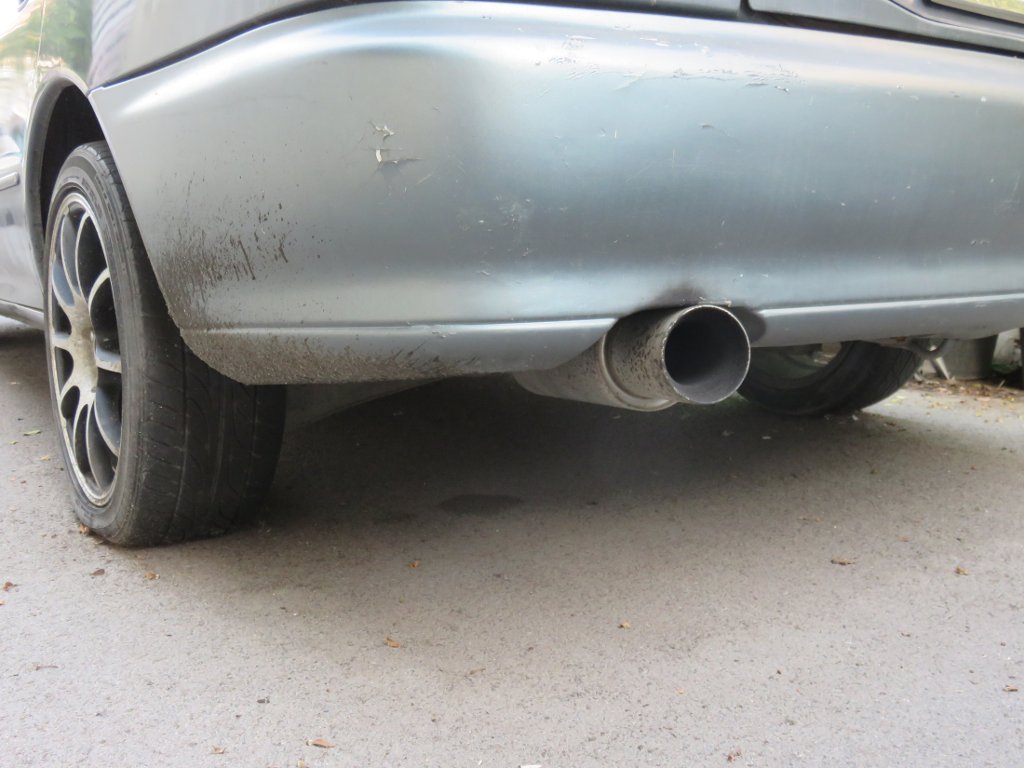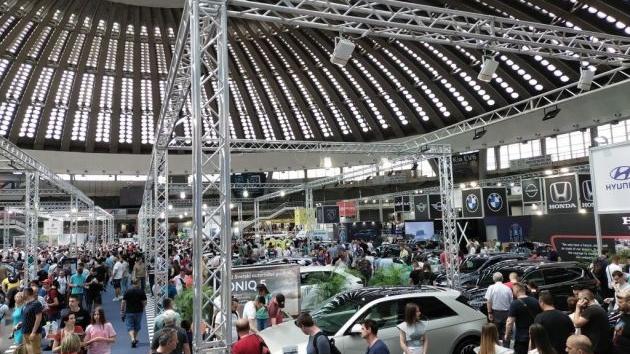Each Second Car in Serbia a Serious Polluter?
Illustration (Photo: AppleDK/shutterstock.com)

As this practice has not given the expected results as regards the reduction of the pollution, the NALED is proposing a change of the system, so as to incite investments in cleaner technologies through a different policy of charging the fees.
Nearly half the industry that releases nitrogen oxides is not covered by any fee and fees are not charged to any emitter of ammonia from the agricultural sector or the industry which releases carbon-dioxide. In order to secure the honoring of the “polluter pays” principle”, the first step is to integrate the existing charges into a single pollution fee.
A part of the reform entails the expansion of the list of the harmful matters subject to fees, the expansion of the list of payers and the charging of the same amount per ton of emission, while increasing that amount over the next three years by 10%. Furthermore, the share of towns and municipalities in income from the fees should be increased from 40% to 50% compared to the state budget.
– According to the data of the Ministry of Internal Affairs, there are 2.1 million registered cars in Serbia, of which nearly 1.2 million have EURO 3 and lower-standard engines, which emit excessive amounts of gases. At the moment, the tax is lower for older cars, and, in order to motivate the owners to replace their catalytic converters and filters, we propose to change the way taxes on motor vehicles are calculated, so that the tax grows proportional to the engine capacity, but also for it to be higher the older the EURO standard of the engine is. In all EU states and in the states of the region, even the export of EURO 4 engines is banned and that practice, along with incentives for the purchase of vehicles that meet the newer standards, should be implemented here as well, so that we would address the problem of the polluting particles coming from the traffic – says Jelena Kis, the president of the Association for Environmental Protection at the NALED.
Tags:
NALED
Association for Environmental Protection at the NALED
Jelena Kiš
environmental protection fee
nitrogen oxides
ammonia
carbon dioxide
polluter pays
ecological fees
euro 3 engine
euro 4 engine
motor vehicle tax
Comments
Your comment
Naš izbor
Most Important News
Full information is available only to commercial users-subscribers and it is necessary to log in.
Follow the news, tenders, grants, legal regulations and reports on our portal.
Registracija na eKapiji vam omogućava pristup potpunim informacijama i dnevnom biltenu
Naš dnevni ekonomski bilten će stizati na vašu mejl adresu krajem svakog radnog dana. Bilteni su personalizovani prema interesovanjima svakog korisnika zasebno,
uz konsultacije sa našim ekspertima.


 Izdanje Srbija
Izdanje Srbija Serbische Ausgabe
Serbische Ausgabe Izdanje BiH
Izdanje BiH Izdanje Crna Gora
Izdanje Crna Gora


 News
News













